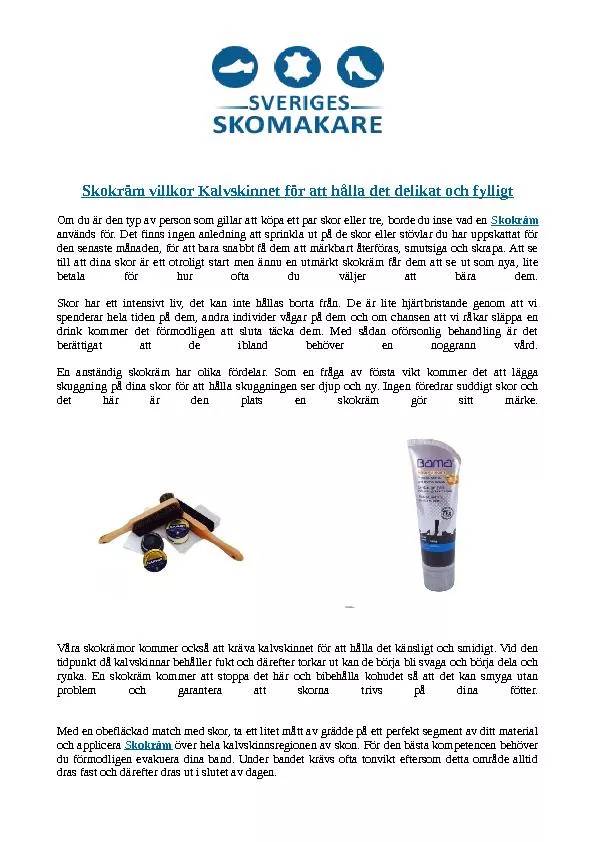PPT-Effective Time Management for PhDs
Author : sherrill-nordquist | Published Date : 2019-02-13
2012 ANZAM MidYear Doctoral Workshop Victoria University Friday 17 August Professor Gael McDonald Alternative title producing research staying married employed
Presentation Embed Code
Download Presentation
Download Presentation The PPT/PDF document "Effective Time Management for PhDs" is the property of its rightful owner. Permission is granted to download and print the materials on this website for personal, non-commercial use only, and to display it on your personal computer provided you do not modify the materials and that you retain all copyright notices contained in the materials. By downloading content from our website, you accept the terms of this agreement.
Effective Time Management for PhDs: Transcript
Download Rules Of Document
"Effective Time Management for PhDs"The content belongs to its owner. You may download and print it for personal use, without modification, and keep all copyright notices. By downloading, you agree to these terms.
Related Documents














